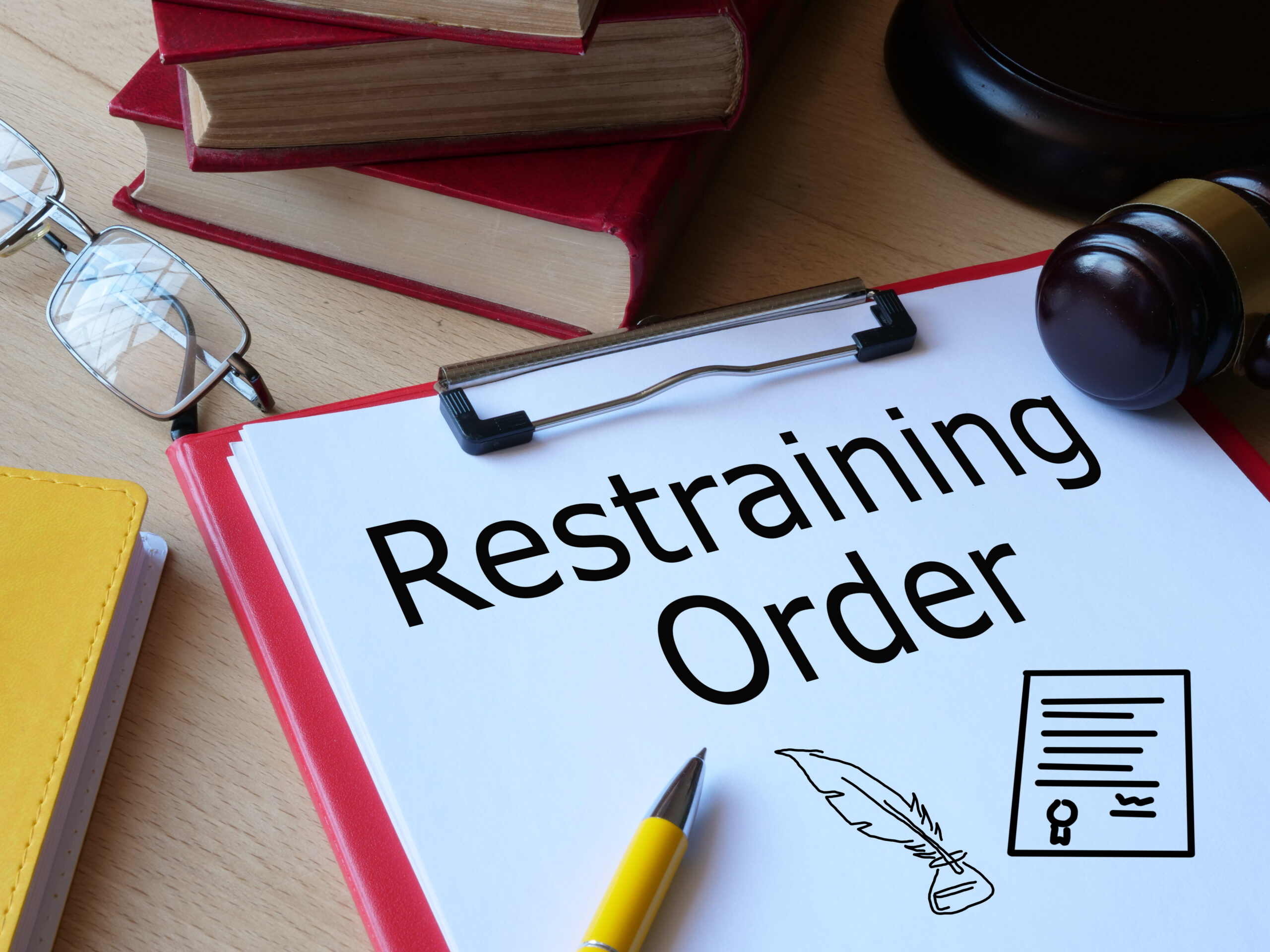
Are you navigating a child custody dispute in New York? If you have concerns about potential risks posed by the other parent, it’s natural to wonder whether you can obtain a protective order. Please continue reading to understand when protective orders can be issued during such disputes in New York and how an experienced Nassau County Child Custody Lawyer can guide you through this challenging process.
What Are Protective Orders?
A protective order, also known as a restraining order, is a court-issued document that serves to safeguard an individual from harm, typically in situations involving violence, stalking, or harassment. It can include provisions prohibiting certain actions or contact by an alleged abuser. Essentially, it restricts the behavior of one party to protect another from danger. There are numerous types of protective orders, including temporary, permanent, and emergency orders, each with distinct durations and conditions.
Can I Get a Protective Order During a Child Custody Dispute in NY?
First and foremost, it’s important to understand that the court will prioritize the child’s best interest when determining custody and visitation. This standard is designed to ensure the safety, stability, and general well-being of the child. During a custody dispute, you can obtain a restraining order, particularly if there are allegations of domestic violence or abuse involved. These orders can affect custody and visitation agreements, as they often supersede existing orders, meaning the judge can temporarily or permanently modify a parenting time arrangement.
Generally, a Temporary Restraining Order (TRO) may be issued immediately after a complaint is filed if the court determines there is a danger to the alleged victim. A TRO is usually issued promptly to ensure the individual is safeguarded from an imminent threat of harm, while a final hearing can be scheduled. A Final Restraining Order (FRO), on the other hand, is issued after a full hearing in which both parties have the opportunity to present their case, and a judge will determine the extent of the protection. The FRO might include provisions about child custody and visitation. Depending on the specific circumstances, a protective order may grant temporary custody to the petitioner.
It’s important to note that New York courts believe that a child should have a meaningful relationship with both parents. Therefore, if a protective order is in place, the court may order supervised visitation to ensure the child’s safety. Supervised visitation involves the non-custodial parent spending time with their child under the supervision of a third party.
Securing a protective order can be a critical step in ensuring the safety of your child. At the Law Offices of Eyal Talassazan, P.C., we are prepared to help you navigate the complexities of a child custody case. Connect with our firm today for guidance and skilled representation.
